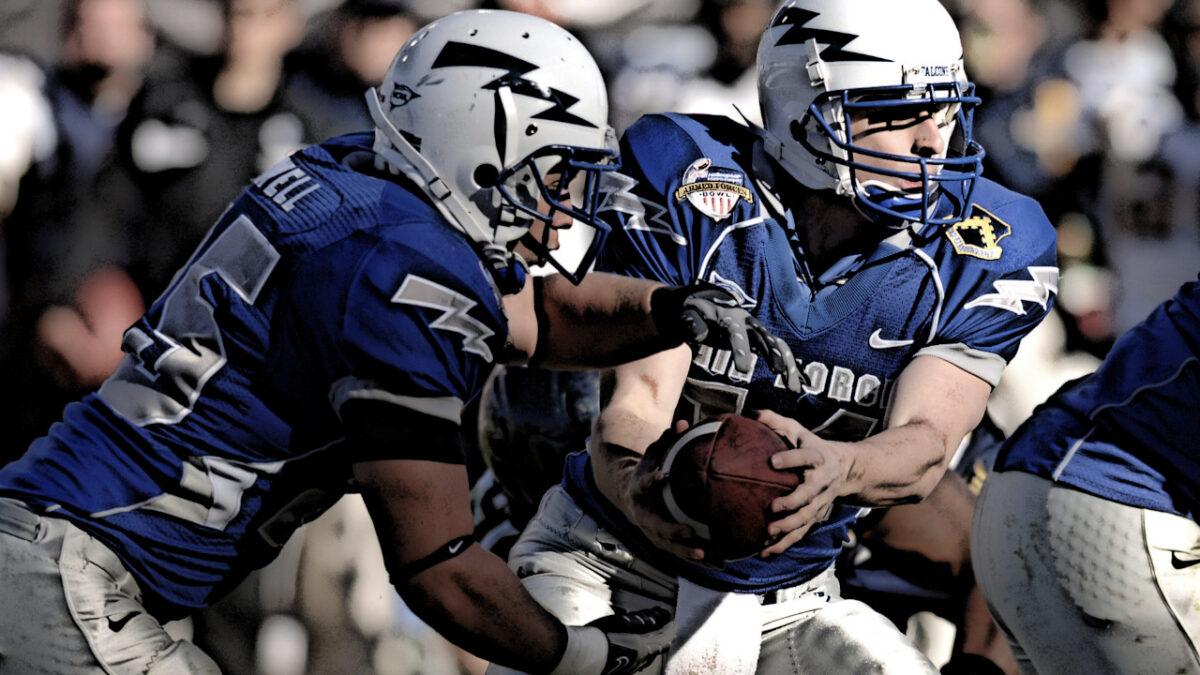Last night the college football season ended with an almost silent squeal in the night. They say it was the same sound as when a “Horned Frog” gets its life squeezed out of its’ body. Georgia dominated TCU (Texas Christian University) —I didn’t know that there were any Christian Universities left in the country. It was like Daniel being fed to the lions. Daniel survived, but nobody else did. I wonder in ancient times if there were “experts and bookies” taking odds on the outcomes of events when the Christians were being fed to the lions or thrown into fires? Probably. There is sometimes a lot to be learned from “experts” but always their recommendations need to be taken with a grain of salt. During the Covid political pandemic both in Idaho and nationwide we must now ask why were the “experts” so wrong? Who was right and who was correct and why were they right? Were those willing to go against the status quo in the end more correct in their assessment of the problem up front and in their understanding about how to mitigate and change the course of the disease? The answers are not clinical or medical but should rather be approached from a position of psychology and personality.
So, for the purpose of today’s discussion let’s take Covid off the table for a moment and look at how the “experts” thought last night’s game was going to play out. On ABC 4/4 predicters minutes before the game predicted TCU would win. On ESPN it was split 3/6. The final score was 65-7! Georgia won in a rout. Predictions cannot account for all that transpires in a sporting event, in the stock market, or in a pandemic. There are technical factors like size, speed, and athleticism of the players, but there are non-technical factors like the psychological profile and spirit (very different) and how individuals come together to form a team. “Connectivity” of those on the team is hard to measure but is probably the single most important factor in how organizations function. At least 20-30 percent of the time in college football the team with the better players lose to a team whose players play together better. In our military, special forces have long recognized that small and less armed units who fight together cohesively and that are connected can win over larger groups with better weapons. In sports and in the military, they talk about “that” material things and “it” the intangible things like spirit, and grit, and dealing with adversity and never giving up. “That” is easy to measure—how fast can you run or how far and accurately can you throw a ball or shoot a rifle or a pistol? Can you do those things under pressure better than when the game or your comrades’ lives are on the line—that is where “It” comes into play.
So many times, when predicting the future, we assume that the variables are static—they don’t move. As soon as the game or the battle begins the other side moves their position and changes their tactics in response to your side’s tactics. Subsequent steps in the engagement require adjusting on the fly. Great teams and great military units and even in many ways even more frequently great businesses are designed to adjust on “the fly”. Being smart, nimble, and quick, and recognizing one’s own position and that the other guy is “moving” is an “it “characteristic. When organizations or individuals have no “skin in the game” and no direct ramifications to their own positions because of their actions, the necessity for “adjustment” to circumstances evaporates. The incentive to adjust goes away. Maintaining the status quo or following the advice of “experts” becomes more of an option. Governor DeSantis understood this. Our Governor did not.
In the State of Idaho and from our National Agencies that directed the Covid response the Command-and-Control structure (from the top down) made it almost impossible for those on the ground to adjust. There is a book that is supposed to come out this spring written by at least one member of the Governor’s Covid panel that will describe with all the manipulated metrics and data how successful Idaho was in mitigating Covid. All I ask is look at Florida or Sweden or Texas and asses for yourself how local medical decisions made between doctors and patients did far better, with better medical and economic outcomes than what happened in Idaho and in most of our country. When doctors and patients were “connected” and both parties had “skin in the game” good outcomes were far more likely than when hospital administrators required employed medical staffs to follow protocols promulgated from Washington DC by CMS/ CDC/ NIH to get increased rates of reimbursement. The public health bureaucrats and government agencies became “disconnected” from doctors and patients making adjustment almost impossible.
Like what happened last night with the sports “experts” in predicting the outcome of the National Championship football game—they didn’t have a clue because they had nothing to lose if they were wrong. As the season rolled along, they could never adjust to the reality of what was in front of them. But who did get it correct. The sports books in Las Vegas. They had skin in the game. Even then they almost lost their shirts with the over/under—62.5—Georgia beat the over by themselves by scoring 65points—Caesars had Georgia as a 12.5-point favorite.
Full disclosure—I had TCU winning by 2. I am not an expert, and I had no skin in the game. If I had bet $100 at the beginning of the season that TCU would win the National Championship and If they had won, I would have received $2million for the risk. The odds at the beginning of the season were (20,000/1)! About the same as the odds of our State sponsoring a legitimate after action Covid out brief or after-action report. Anybody want to take me up on my bet?


